

The story of Oman Liquefied Natural Gas, or Oman LNG, began in 1989 when the Sultanate, under the wise leadership of Sultan Qaboos Bin Said, discovered substantial quantities of natural gas reserves.
The reserves were far in excess of the Sultanate's domestic requirements, and the search began to find a way to use this new and valuable resource for the benefit of the nation.
The customers for natural gas are far from Oman. So the decision was taken to liquefy the gas to enable it to be transported in large quantities – and Oman LNG was born.
In February 1994, Sultan Qaboos issued a Royal Decree to establish a new company to market and export the new resource called Oman Liquefied Natural Gas.
The Oman LNG project is among the quickest to be developed from discovery of natural gas to the export of the first cargo in just nine years.
The location of the $2 billion LNG plant at Qalhat in the Wilayat of Sur was chosen because of its close proximity to the sea and the advantage of a deep natural harbour. The state-of-the-art facility houses the world's two largest LNG trains, each with an annual capacity of 3.3 mtpa. The plant was inaugurated by Sultan Qaboos on October 14, 2000.
Oman LNG heralds a new chapter in Oman's economic development and diversification of the national economy away from dependence on oil revenues. Oman LNG will add up to 10 per cent to the nation's current Gross National Product, and some 18 per cent to overall oil and gas revenues.
Oman Liquefied Natural Gas LLC (OLNG) is a limited liability incorporated joint venture company organised under the laws of the Sultanate of Oman.
It engages in the business of producing and selling LNG and by-product Natural Gas Liquids (NGLs).
The company undertakes, directly or indirectly, projects, operations and activities necessary to liquefy, store, transport and market Omani natural gas and to deliver LNG to foreign customers.
The company produces LNG from natural gas, principally methane, through the process of liquefaction. In the liquefaction process, gas is cooled to a liquid state at a temperature of about minus160 deg C thereby reducing to approximately 0.16 per cent of its original volume.
It is stored at atmospheric pressure and turned back into a gaseous state in a re-gasification facility. LNG, once re-gasified by customers, is used as utility fuel for domestic and industrial purposes and for power generation. Commonly, it is also used as a feedstock for the manufacture of chemicals.
The LNG plant is located in the Sharqiya region, one of the areas that has been targeted by the government for economic development.
Oman LNG brought together tried and trusted partners – the Omani Government, Shell, TotalFinaElf and Partex – which have been working together successfully for more than 30 years in the oil business as co-ventures in PDO.
This partnership smoothened the path of the LNG project, because it is PDO that produces the natural gas from the fields in central Oman on behalf of the government.
It is also PDO that laid and operates on behalf of the government the pipeline needed to deliver the gas to the Oman LNG plant.
No project as large as Oman LNG can be undertaken without affecting the community, and the company is committed to being a good neighbour and an active member of the community.
At an early stage in the project, the company established the 'Sur forum' – a unique platform headed by the Wali (governor) of Sur – through which local government departments and local people can meet the company to discuss their concerns.
Oman LNG also has an active community assistance programme, which has already helped its nearby communities.
Apart from the funding of the new Sharqiya region general hospital, the company has also built roads, provided equipment for schools and makes numerous grants and donations. Each year the company holds an Oman LNG Day. It is a day of fun and celebration.
During the construction phase, Oman LNG got together with its contractors to provide a technical training scheme that helped about 300 young Omanis learn such skills as welding, pipefitting and scaffolding.
The company also supports the lntilaaqah programme. This is a scheme that aims to develop the entrepreneurial skills of young people to help them start up their own businesses.



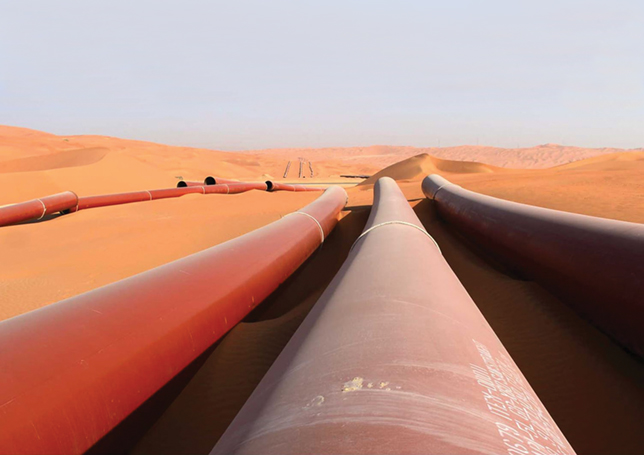
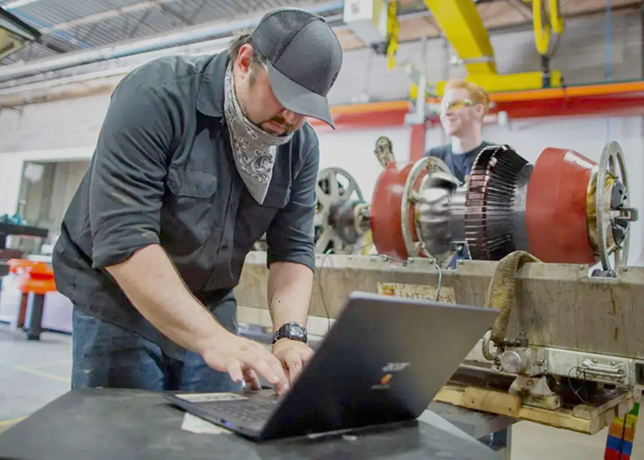

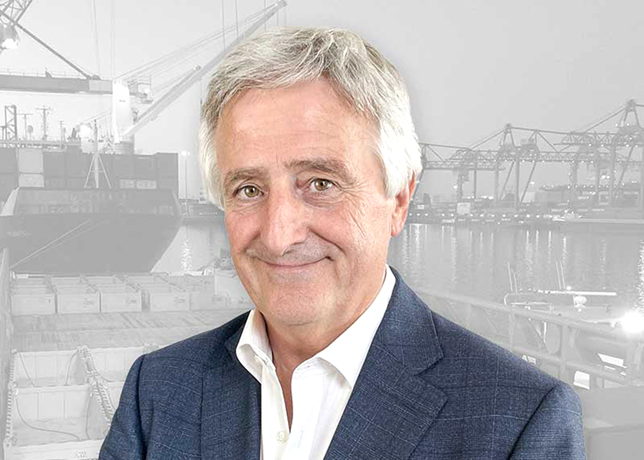

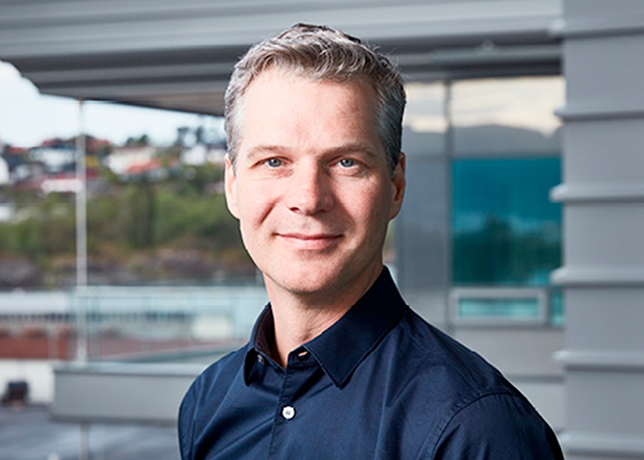
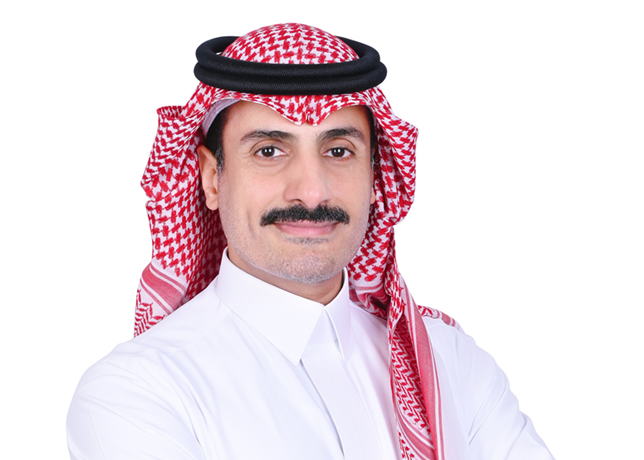
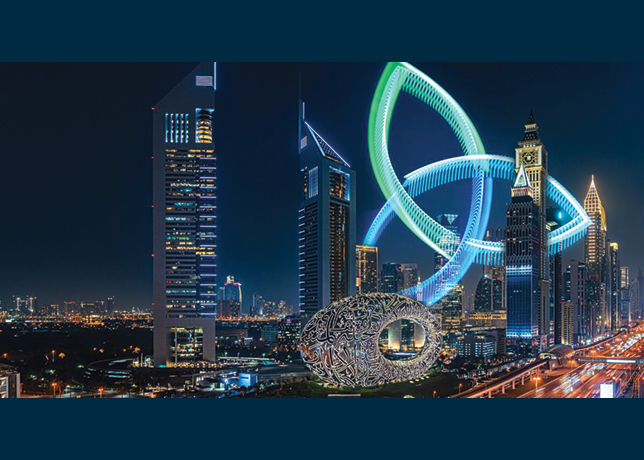
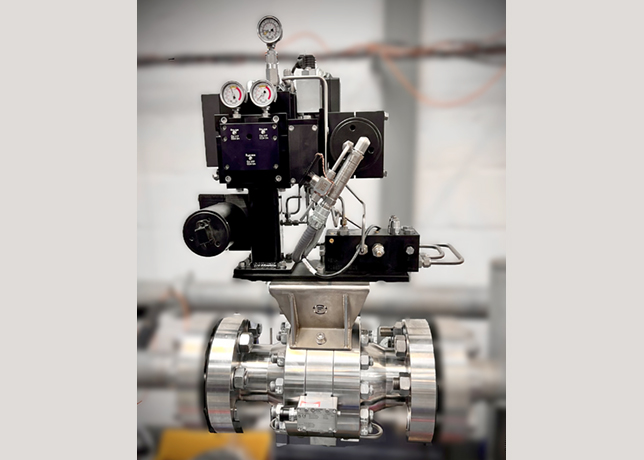
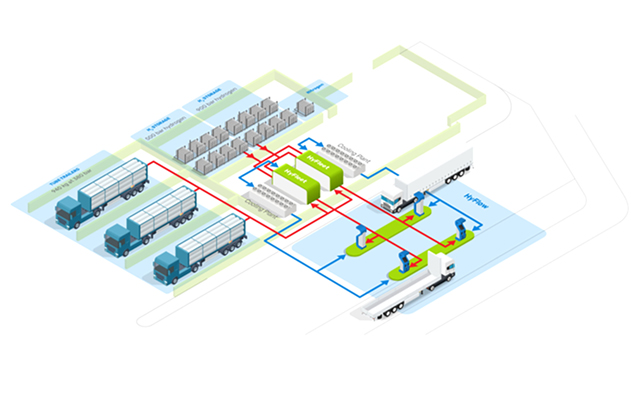
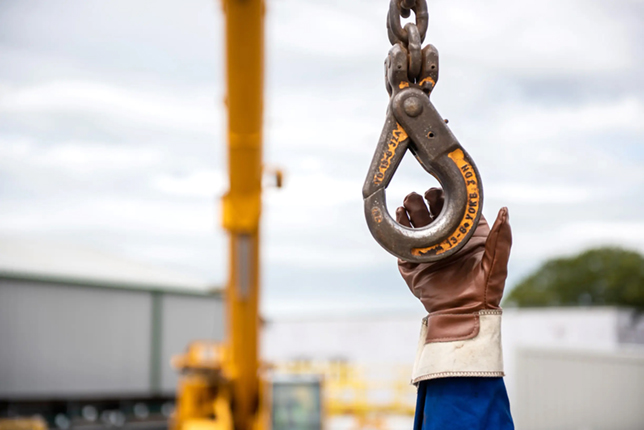
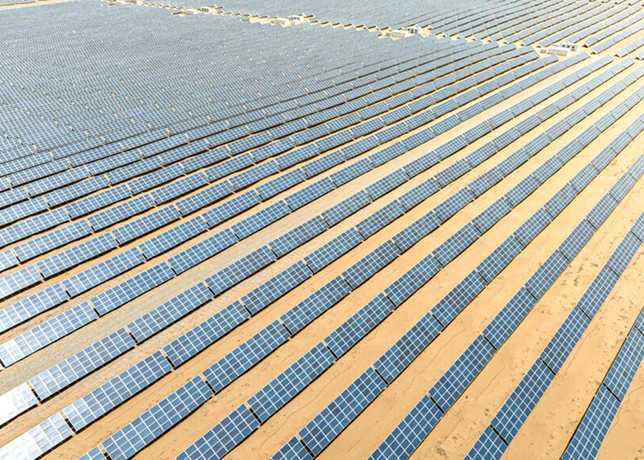

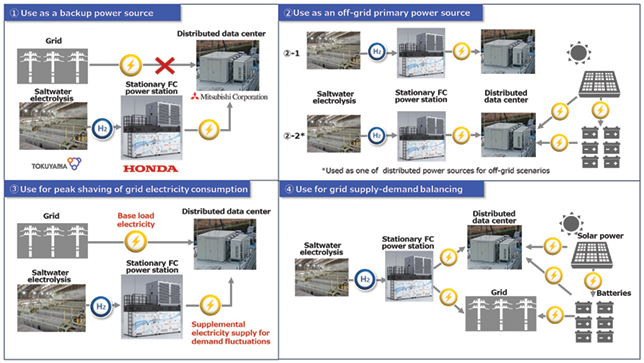
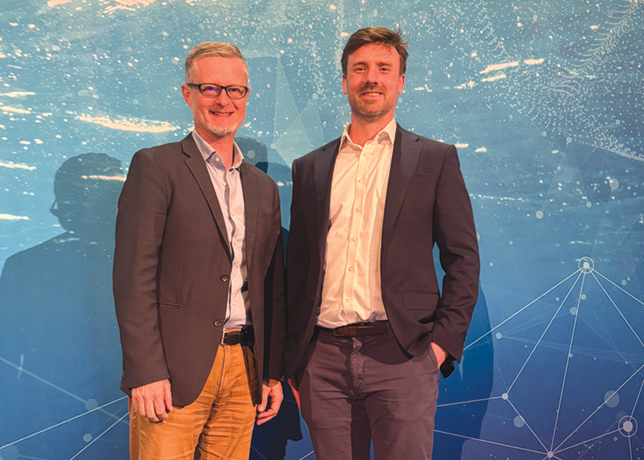

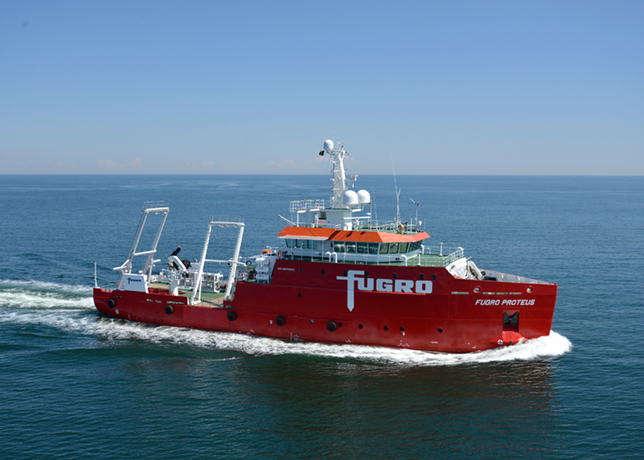

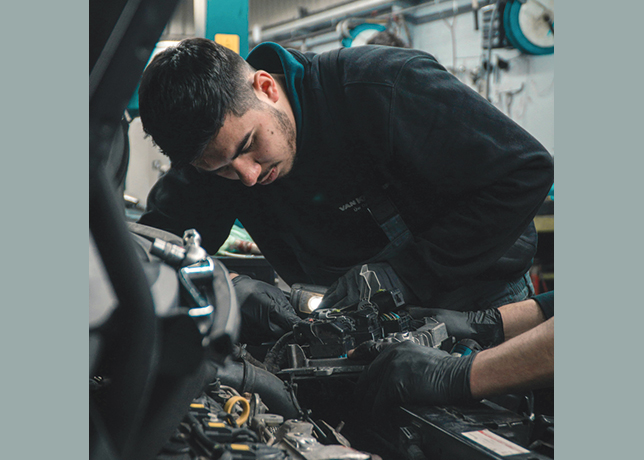
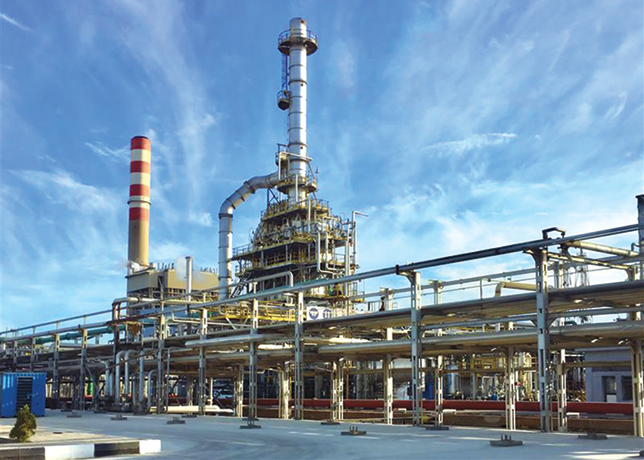
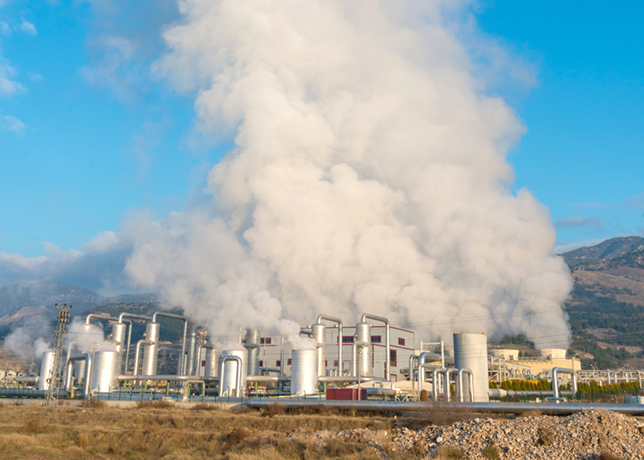
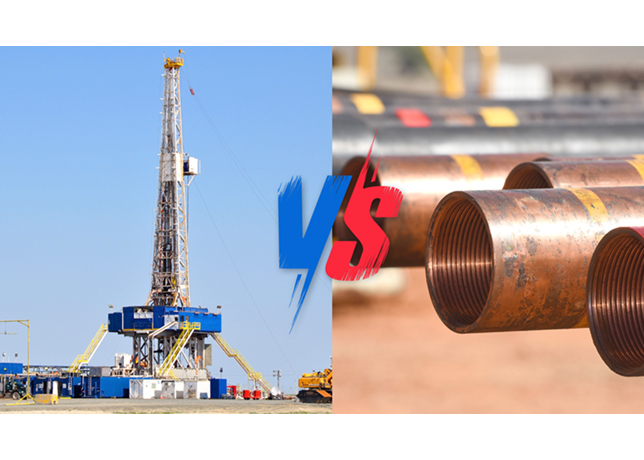
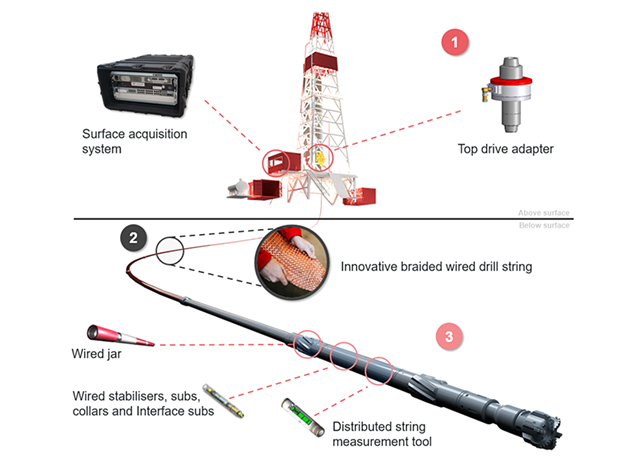
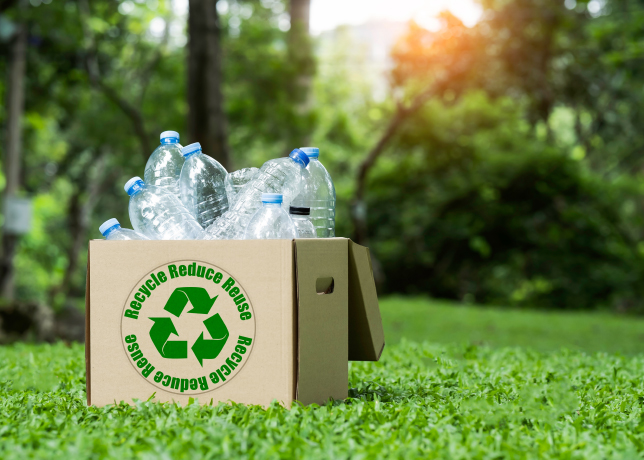
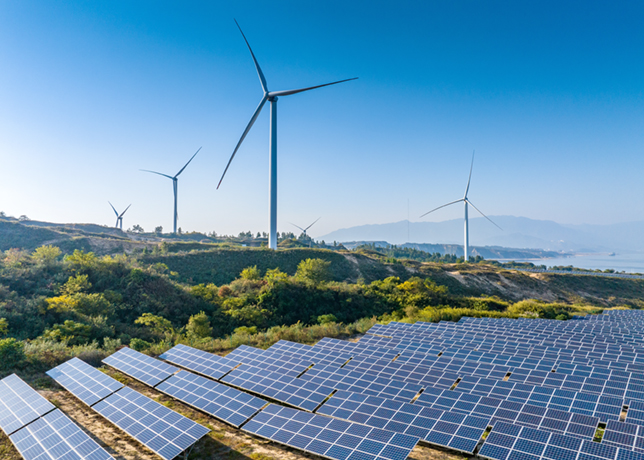




-is-one-of-the-world.jpg)
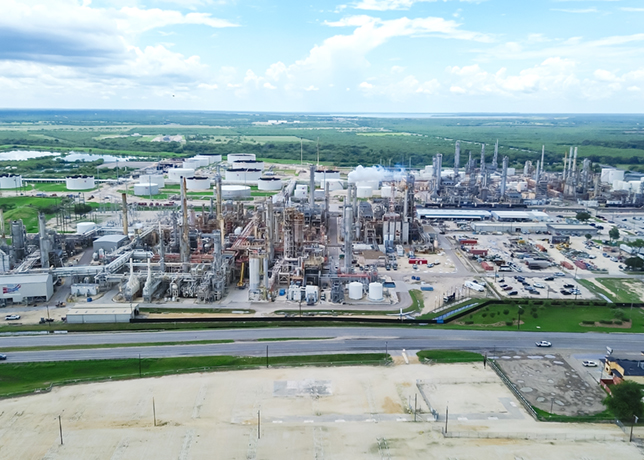
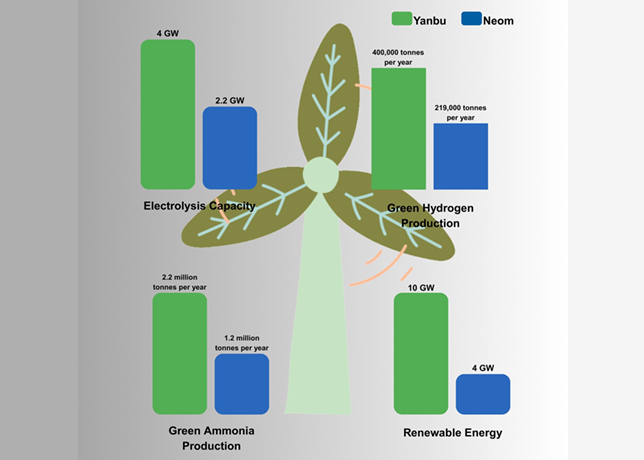
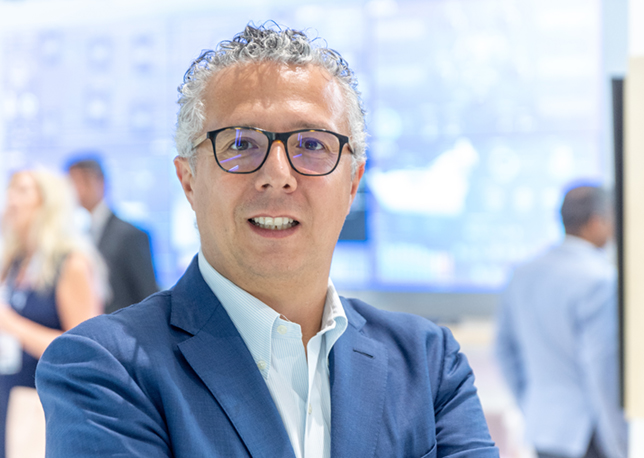
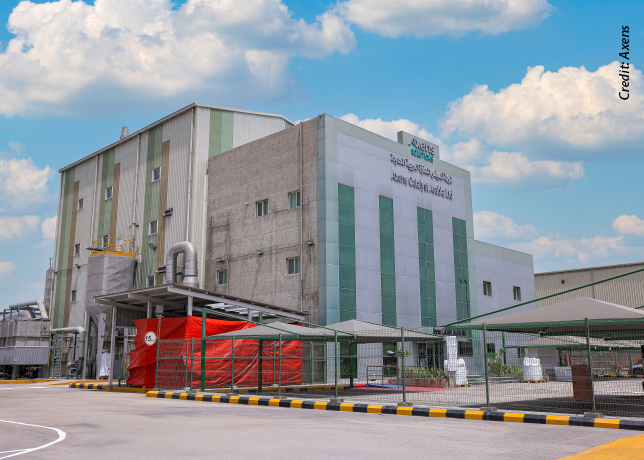
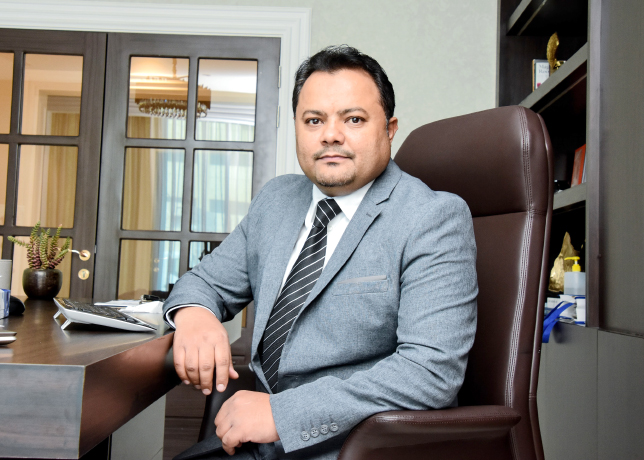
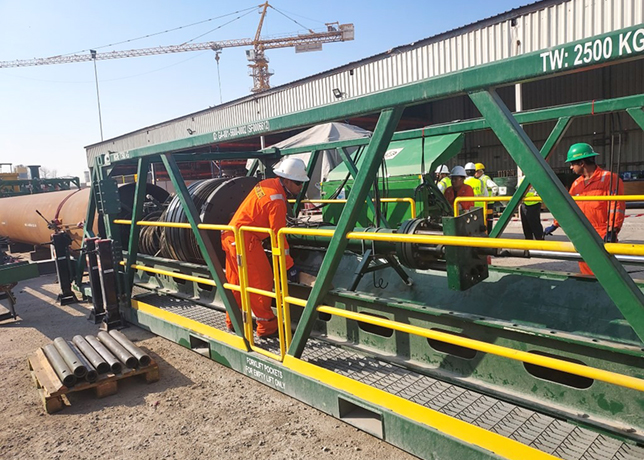
-(4)-caption-in-text.jpg)
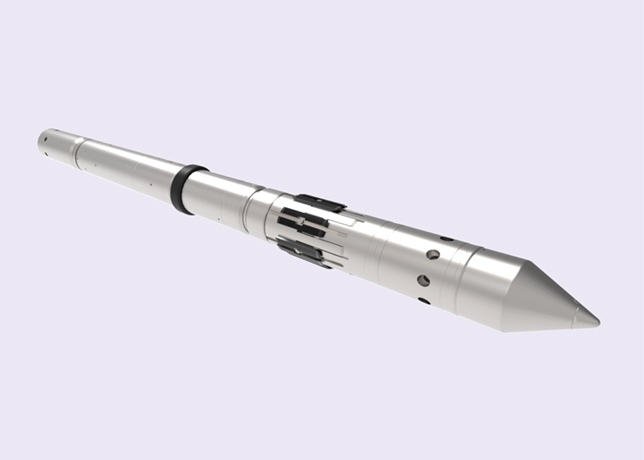
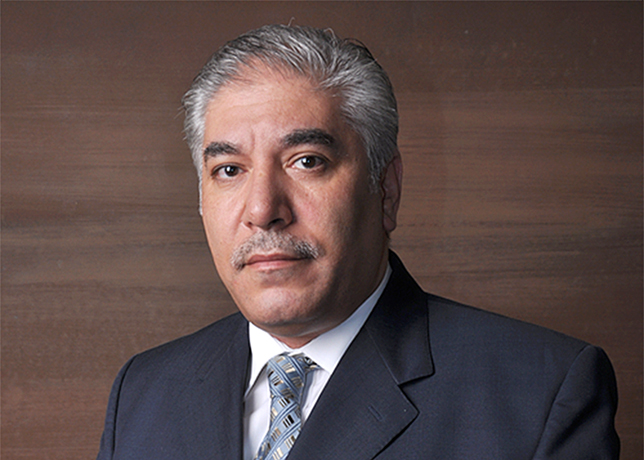
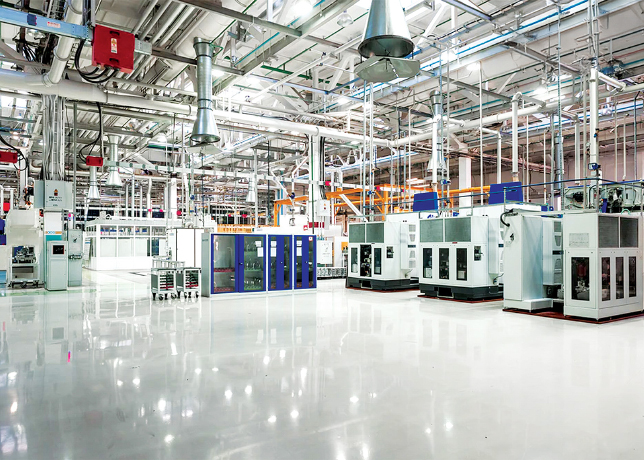
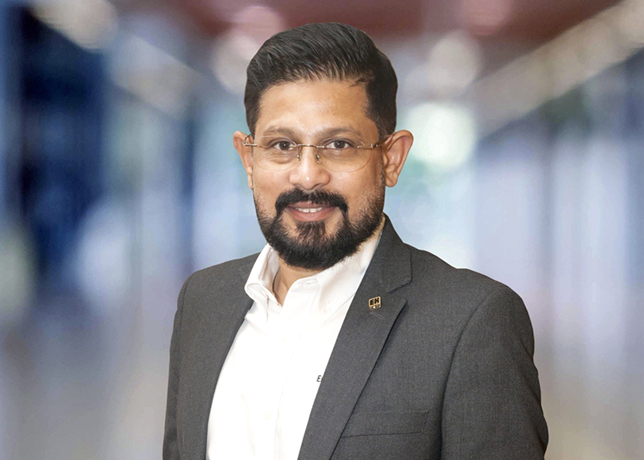
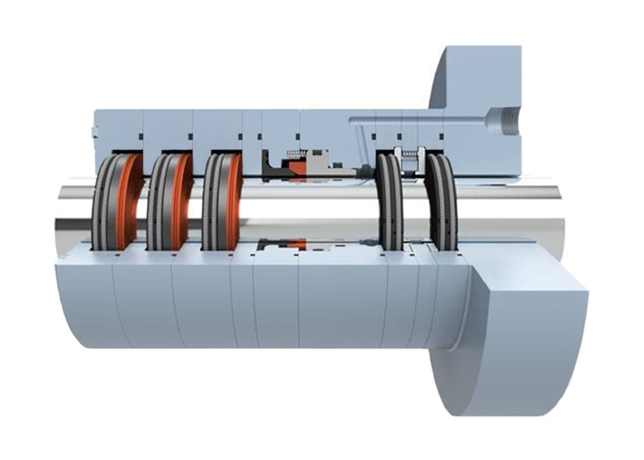
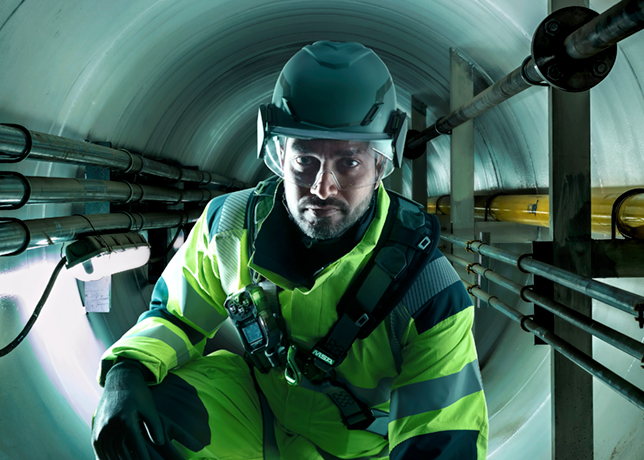
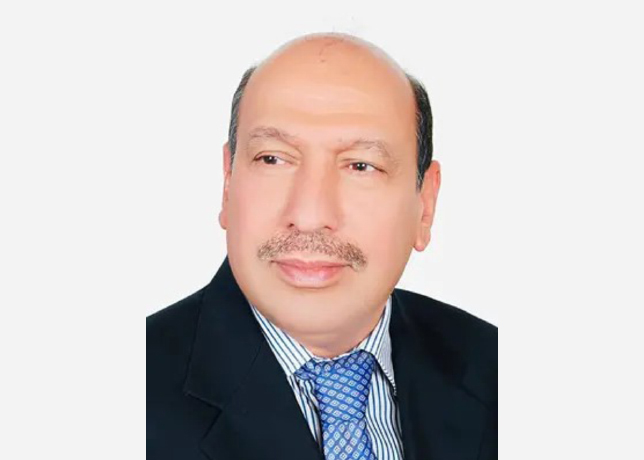
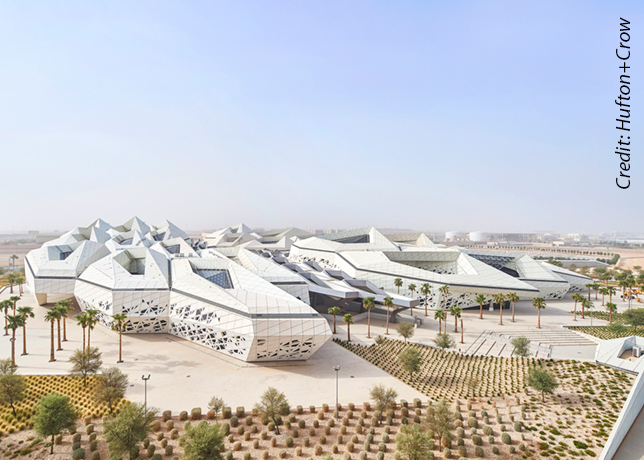
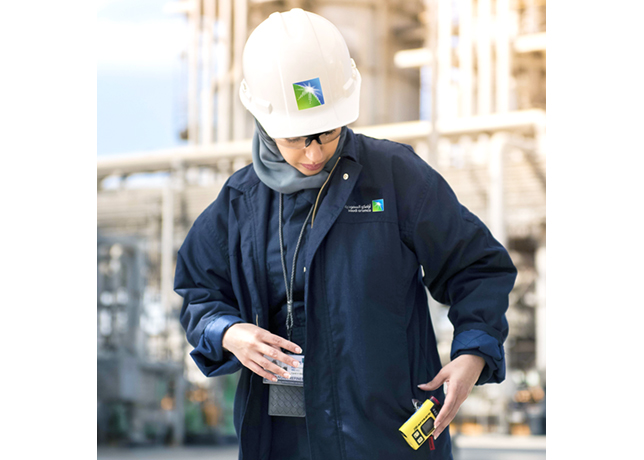
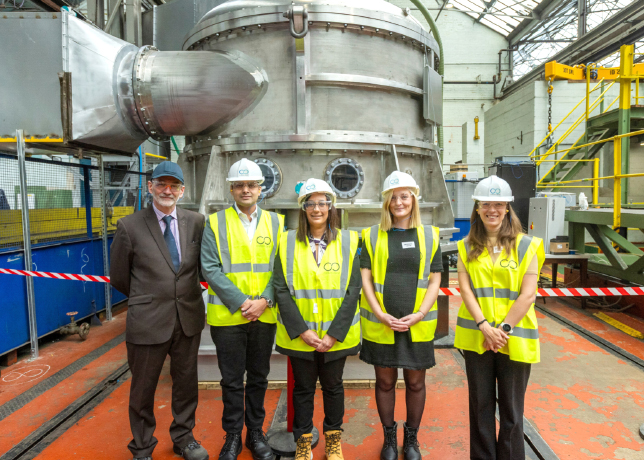
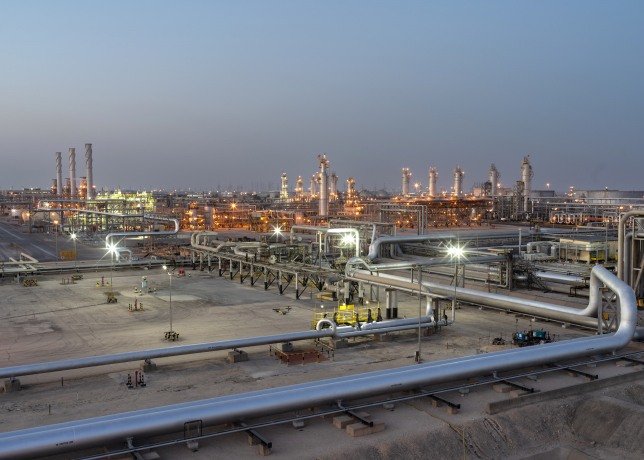
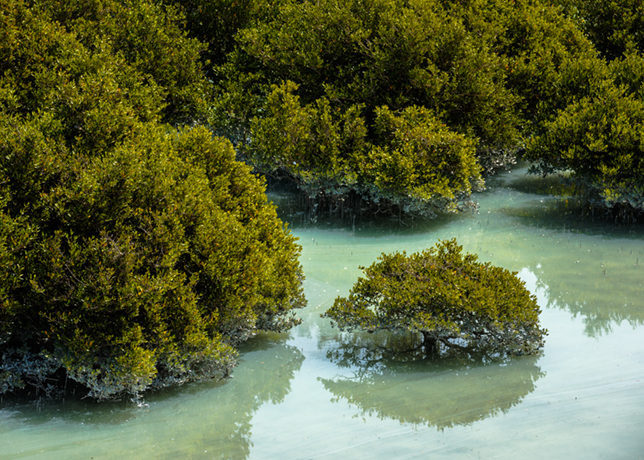
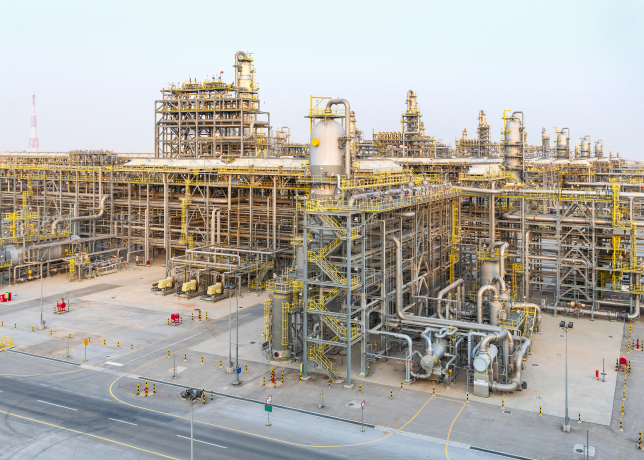
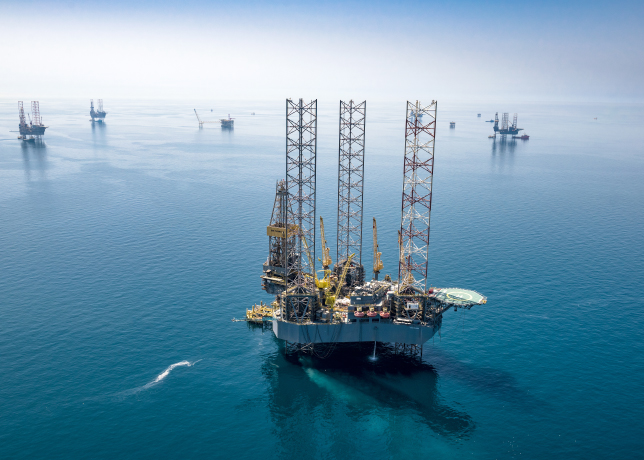

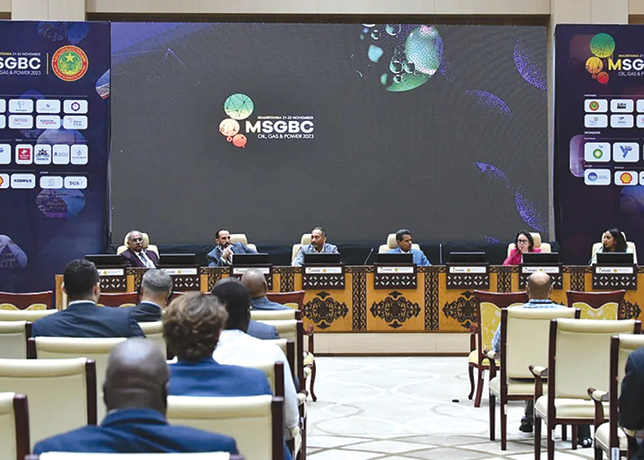
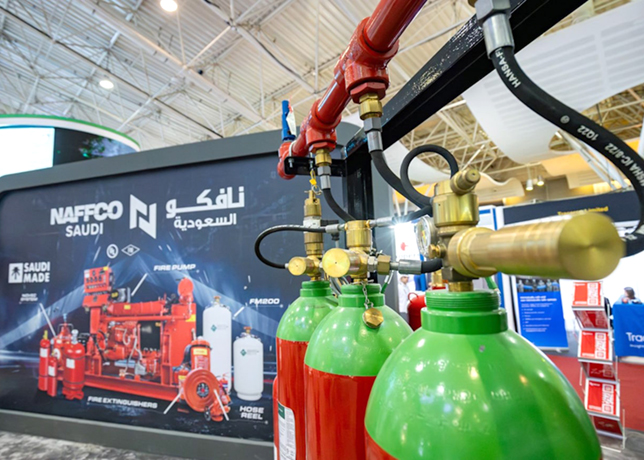
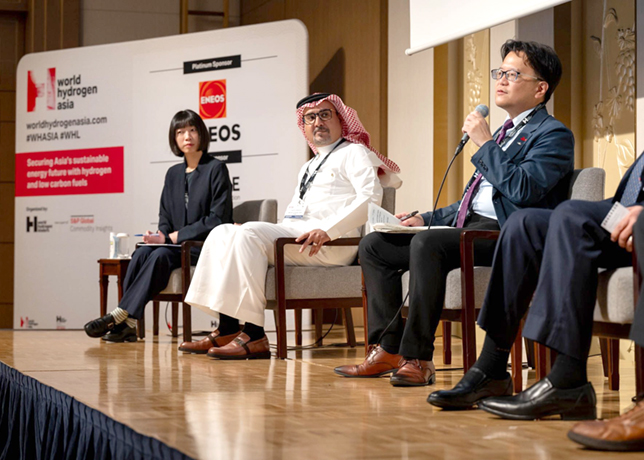
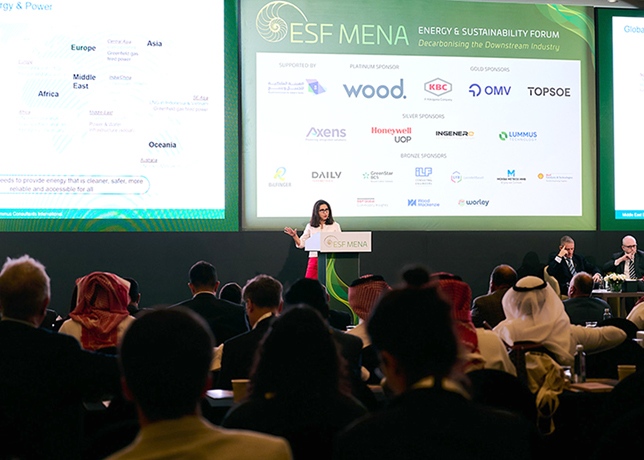
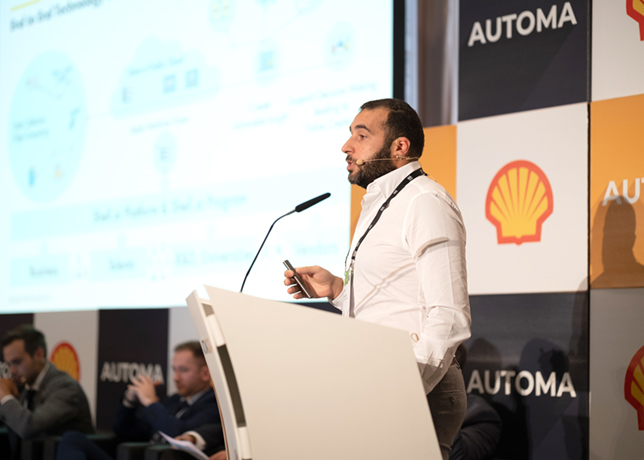
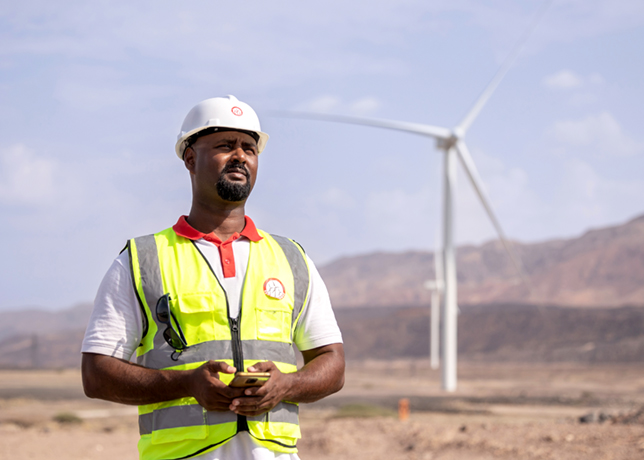
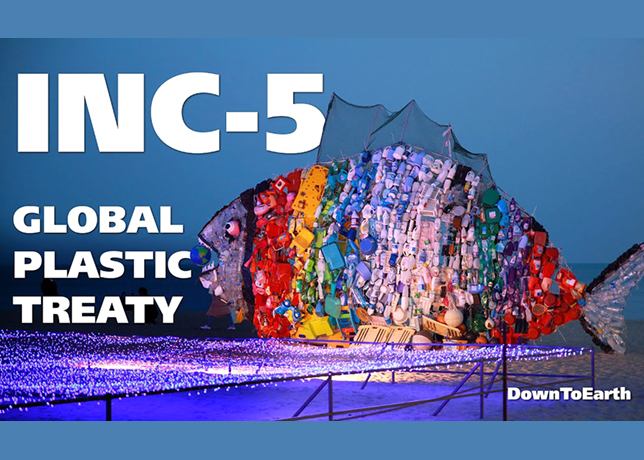
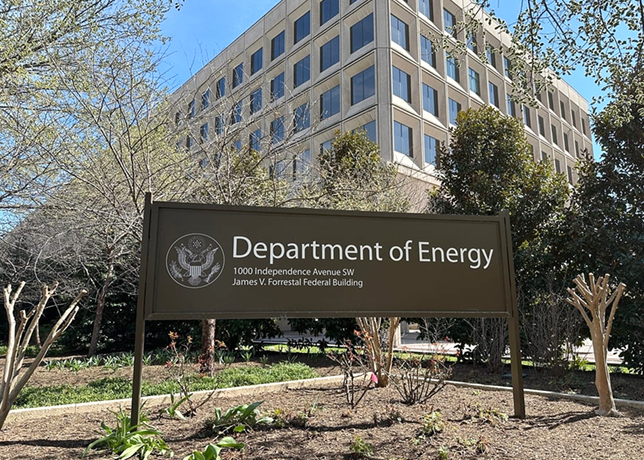


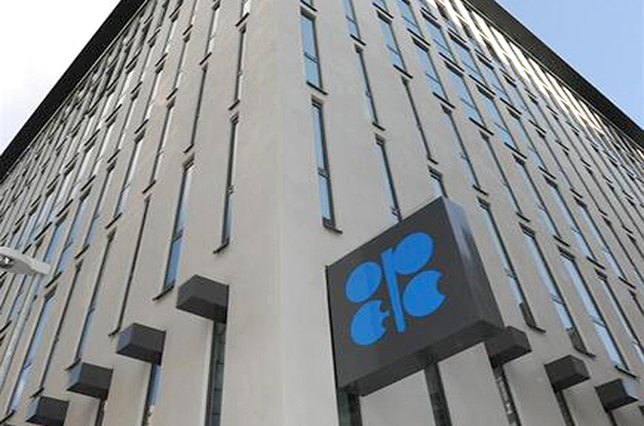
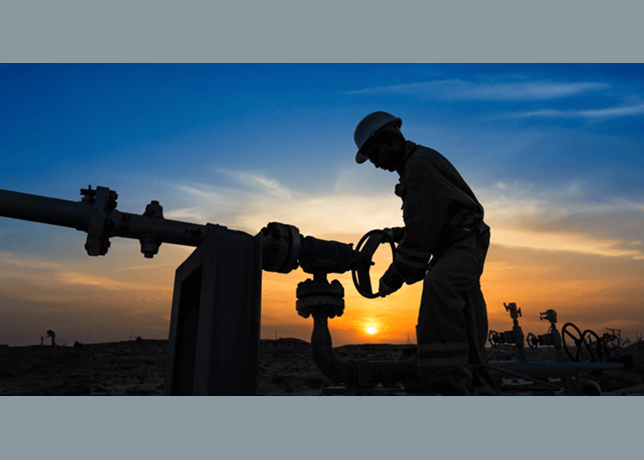
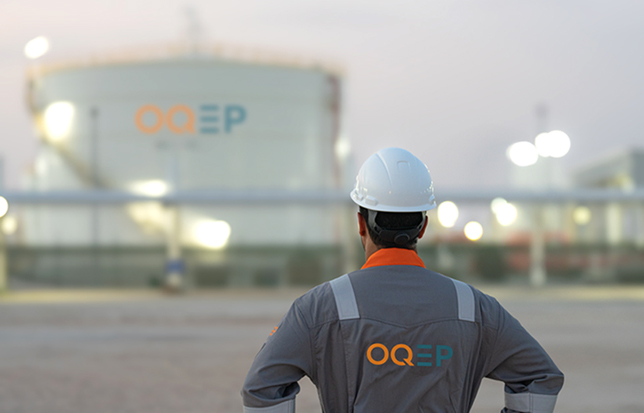
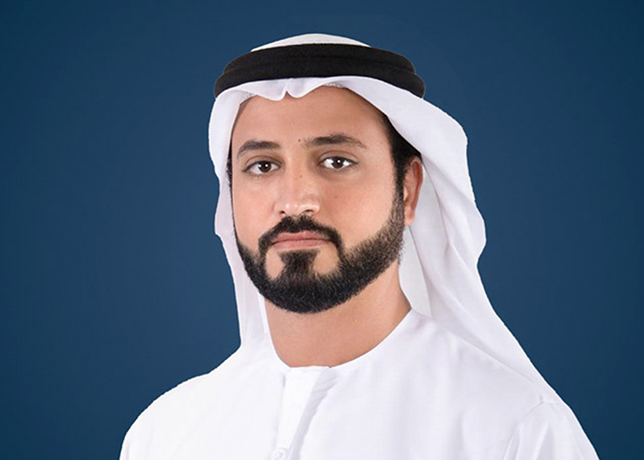
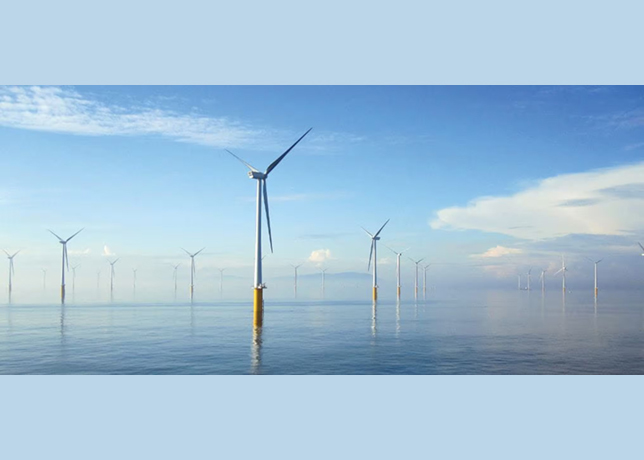
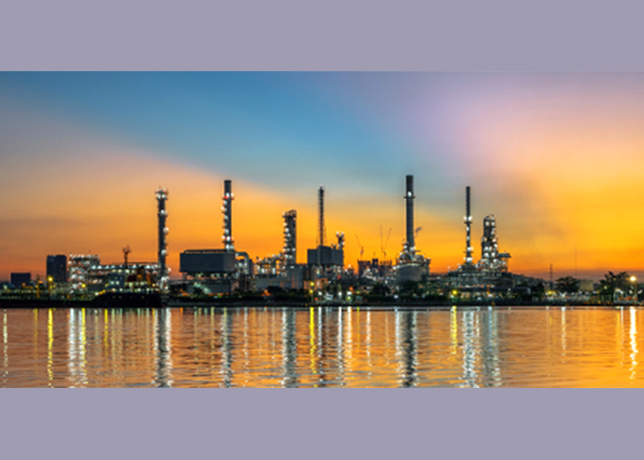




































.jpg)




.jpg)